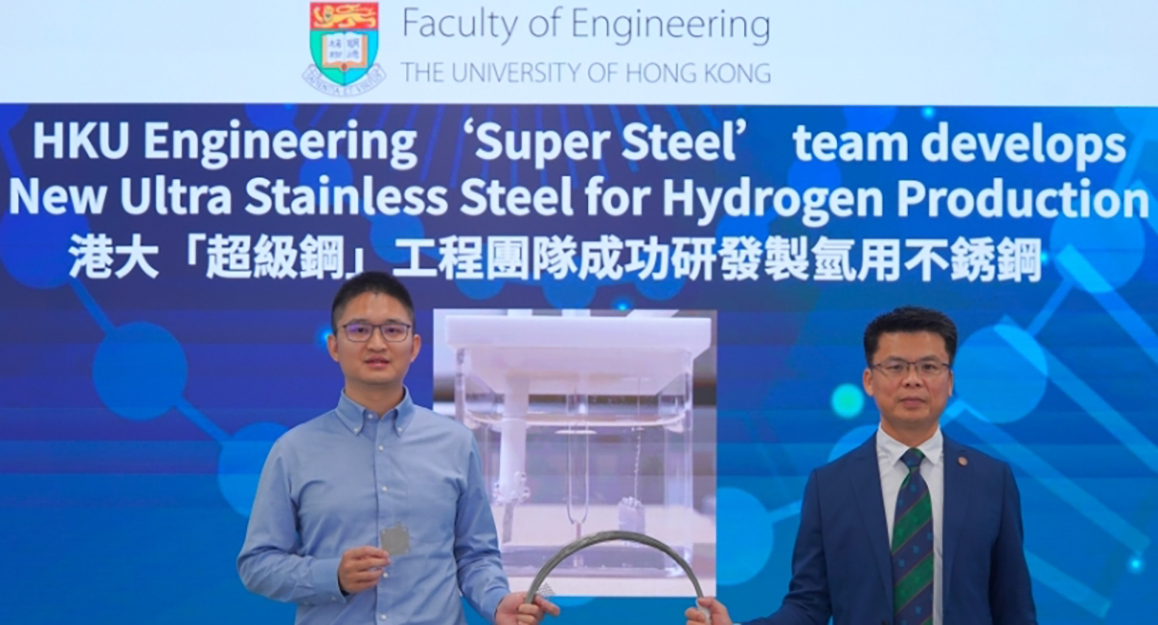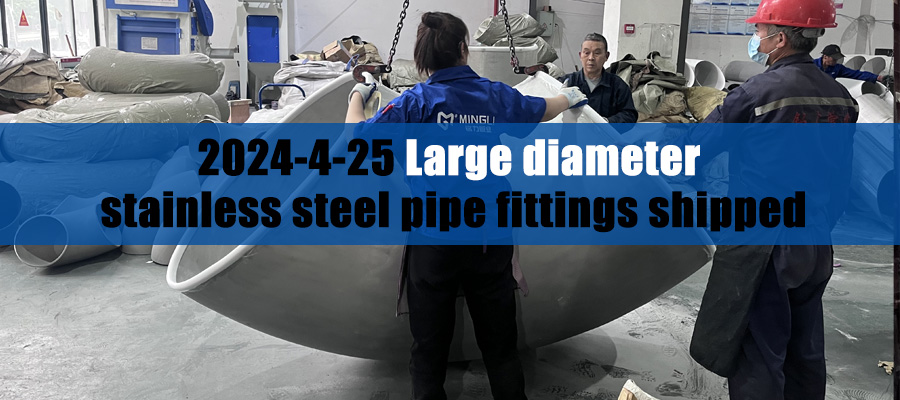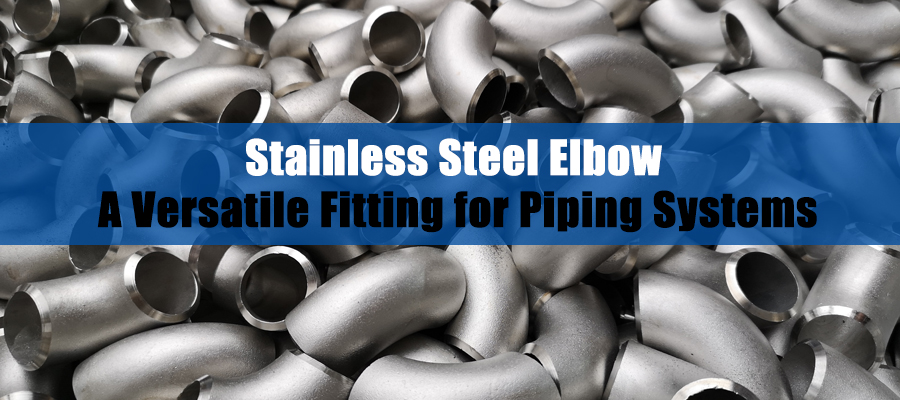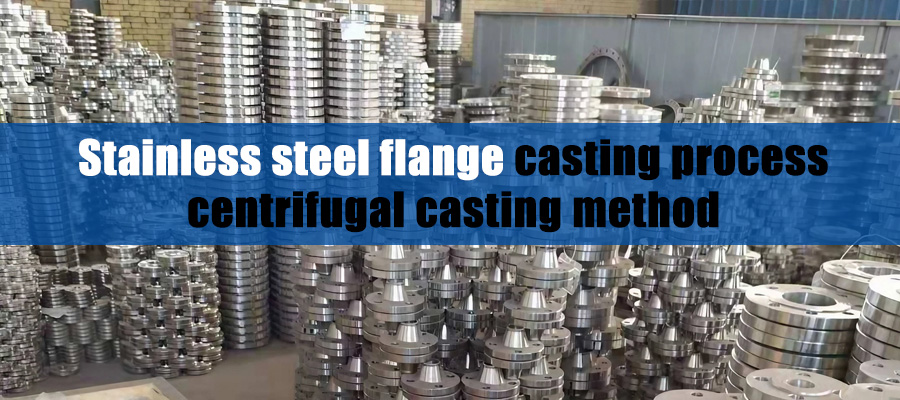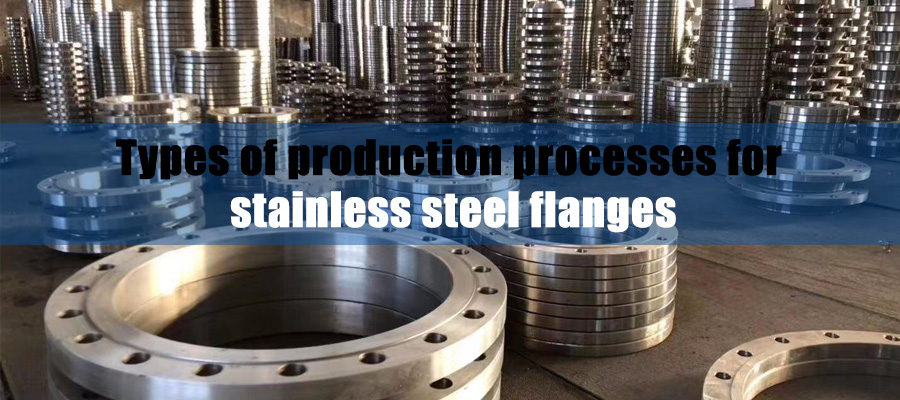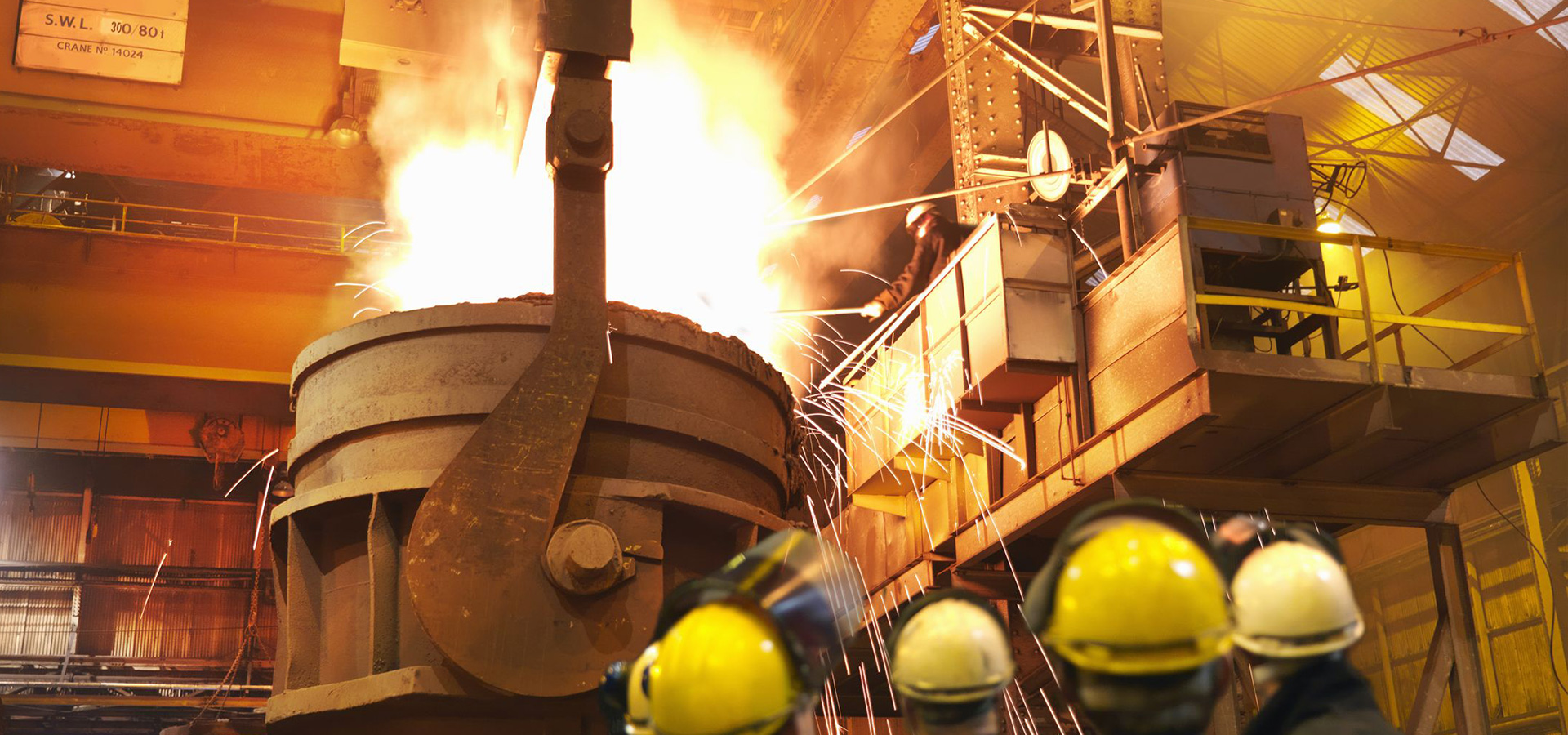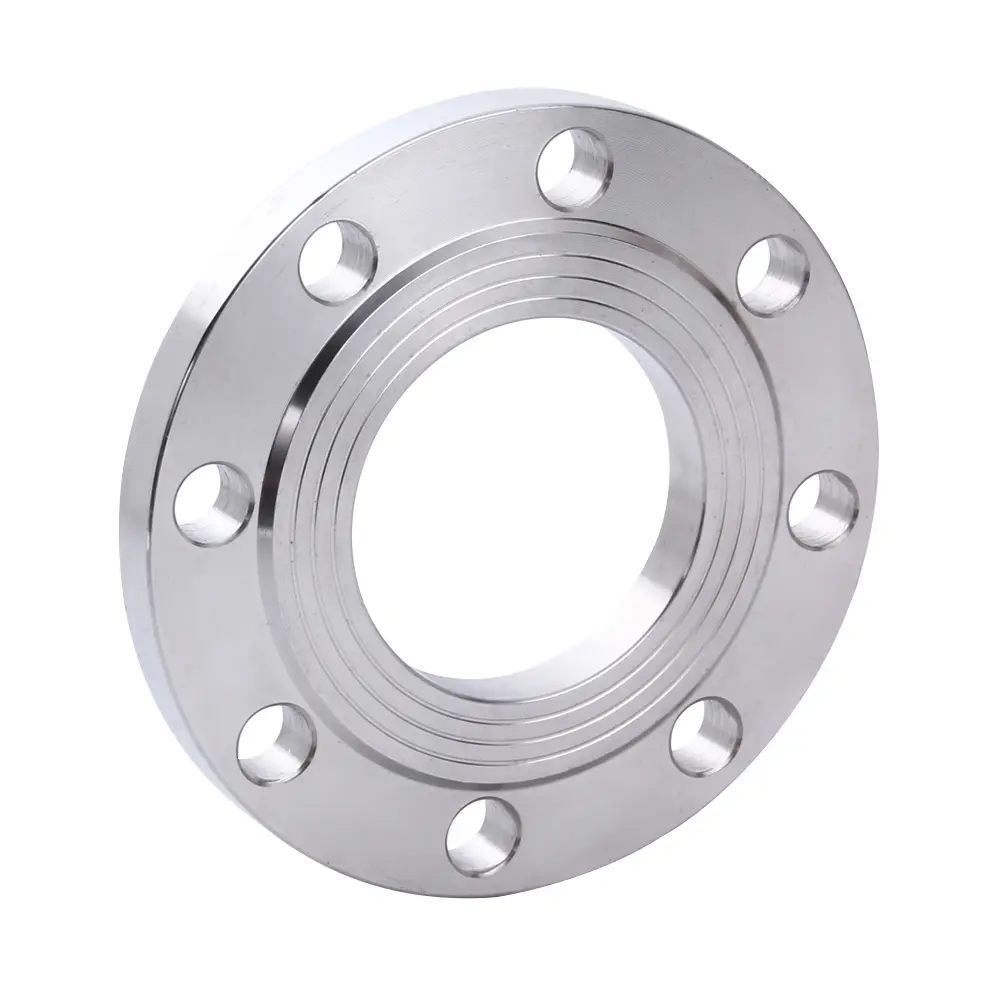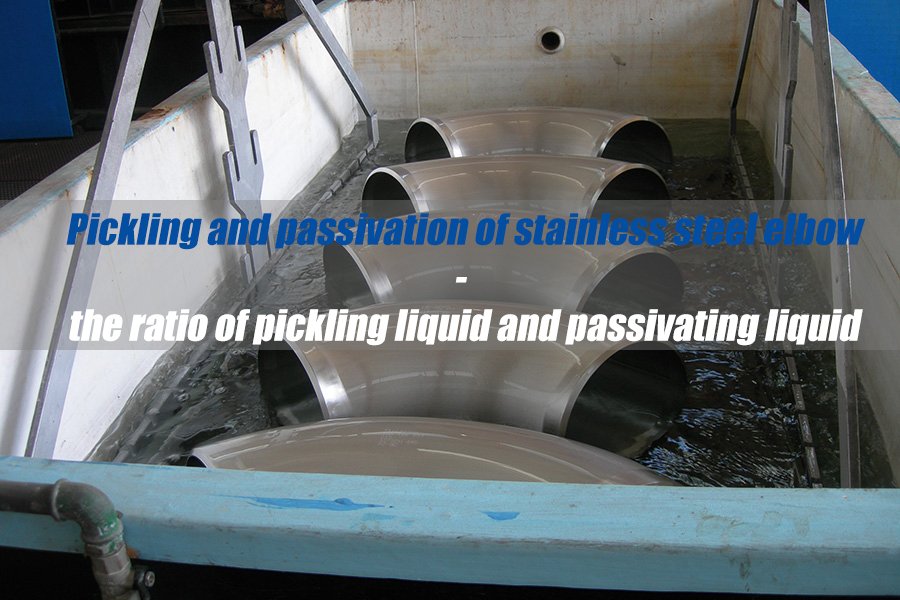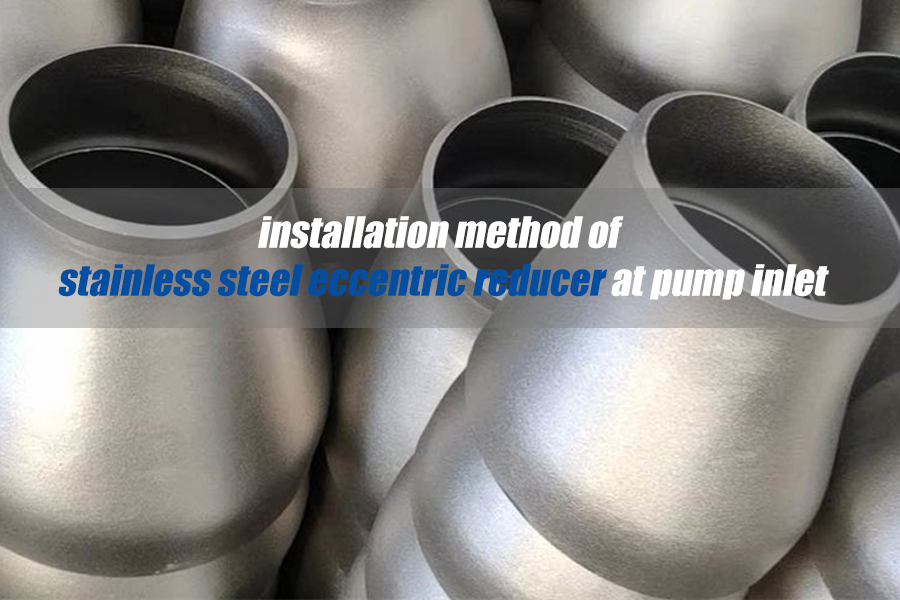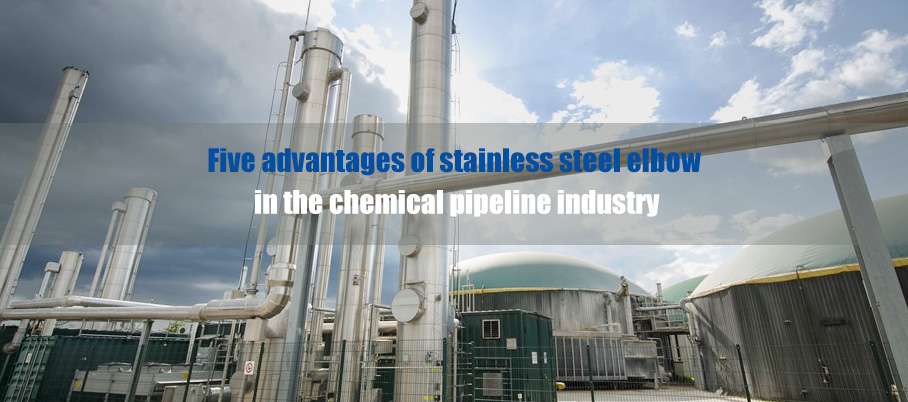HKU team successfully develops "stainless steel for hydrogen production"
Stainless steel is the abbreviation of stainless acid-resistant steel. Steel types that are resistant to weak corrosive media such as air, steam, and water or are stainless are called stainless steel. The word "stainless steel" does not simply refer to one kind of stainless steel, but refers to more than one hundred industrial stainless steels, each of which is developed to have good performance in its specific application field.
Stainless steel is a special alloy material whose main components include iron, chromium, nickel, molybdenum and other elements. Different ratios and different contents of these elements determine the properties and uses of stainless steel. Now I’m going to introduce you to a new type of special stainless steel.
The team of Professor Huang Mingxin from the Department of Mechanical Engineering of the University of Hong Kong has successfully developed "stainless steel for hydrogen production". Its salt water corrosion resistance and hydrogen production performance are far superior to traditional stainless steel. If it is industrially applied, it will significantly reduce the cost of hydrogen production by electrolyzing seawater, thereby providing hydrogen Contribute to the development of the energy industry and the realization of carbon peak and carbon neutrality.
It is understood that the current use of desalinated seawater or acidic solutions to produce hydrogen usually uses expensive gold-plated or platinum-plated pure titanium materials as electrolytic cell structural components. At this stage, the overall cost of PEM electrolyzer equipment with a power of 10 MW is approximately HK$17.8 million, of which the cost proportion of structural parts can be as high as 53%. The new stainless steel developed by Professor Huang Mingxin's team is expected to reduce the cost of structural materials by about 40 times.
"Stainless steel for hydrogen production" can directly produce hydrogen in salt water, and can also replace pure titanium structural components, making the cost of structural components dozens of times cheaper, providing a feasible and economically beneficial seawater hydrogen production technology that is still in the research and development stage. s solution.
The current research paper has been published in Materials Today. "Stainless steel for hydrogen production" is applying for multi-national patents, two of which have been authorized, and hydrogen energy companies have expressed interest in cooperation.
